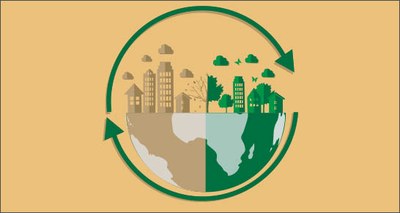Energy: ENEA in the European project for clean energy transition
2/7/2020
 Making available to policy makers, institutions and companies analyses and assessments on the economic and social impacts of a transition to a low carbon economy in areas characterized by high levels of climate-changing emissions.
Making available to policy makers, institutions and companies analyses and assessments on the economic and social impacts of a transition to a low carbon economy in areas characterized by high levels of climate-changing emissions.
These, in a nutshell, are the objective of the project ENTRANCES (ENergy TRANsitions from Coal and carbon: Effects on Societies), funded by the European Commission under Horizon 2020, with the participation of 14 partners from 12 EU countries, including ENEA and Knowledge and Innovation (K&I) for Italy and the University of Coruña (Spain) as coordinator.
The project develops over a three-year period and provides that the data collected and analyzed for each country shall be used to draft guidelines for mitigating the impact of energy transition on individual communities, identifying opportunities for the socio-economic recovery of most high carbon territories. For Italy there are two case studies: the transformation of the former mining sites in the Sulcis Iglesiente in Sardinia; the effects of the divestment of two large coal-fired power plants in the province of Brindisi.
"The project focuses on the study of territorial adaptation strategies, since the energy transition cannot be considered merely a technological or industrial change, as it entails social, economic and psychological repercussions on the life of local communities", Elena De Luca, researcher at the ENEA Energy Technology Department explained.
“The decarbonisation process risks leading into a dead end when it does not take into account territorial specificities. In this regard, the project wants to be a catalyst of solutions and methodologies based on real data, to facilitate the environmental and energy policy of the whole European Union ", De Luca concluded.
Several stakeholders were interested in participating in the territorial activities including Enel, the Region of Sardinia, the Province and Municipality of Brindisi, Legambiente, the Department of Electrical and Electronic Engineering of the University of Cagliari and the National Technological District on Energy (DiTNE ).
For more information please contact:
Elena De Luca, ENEA – Department of Energy Technologies, elena.deluca@enea.it
